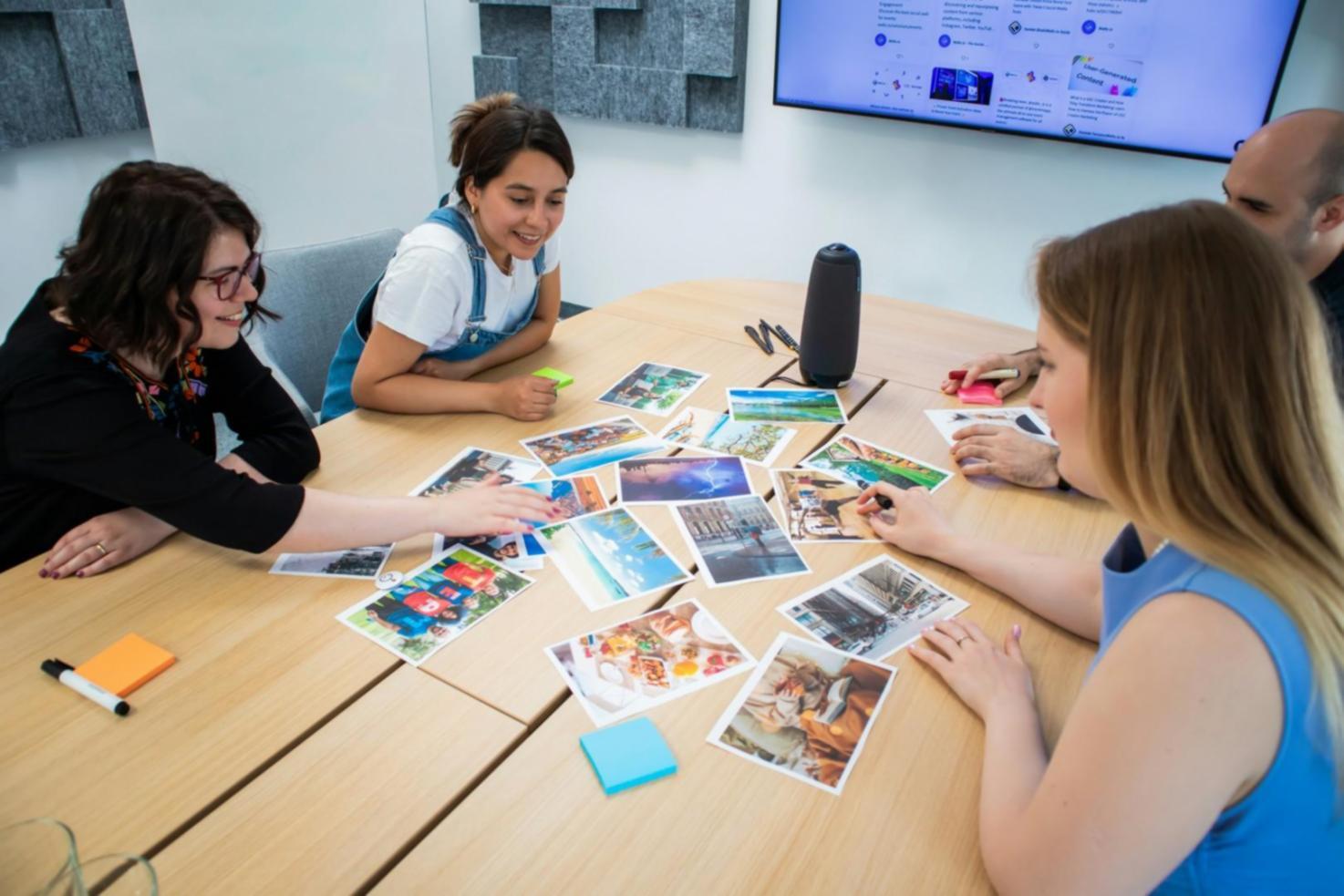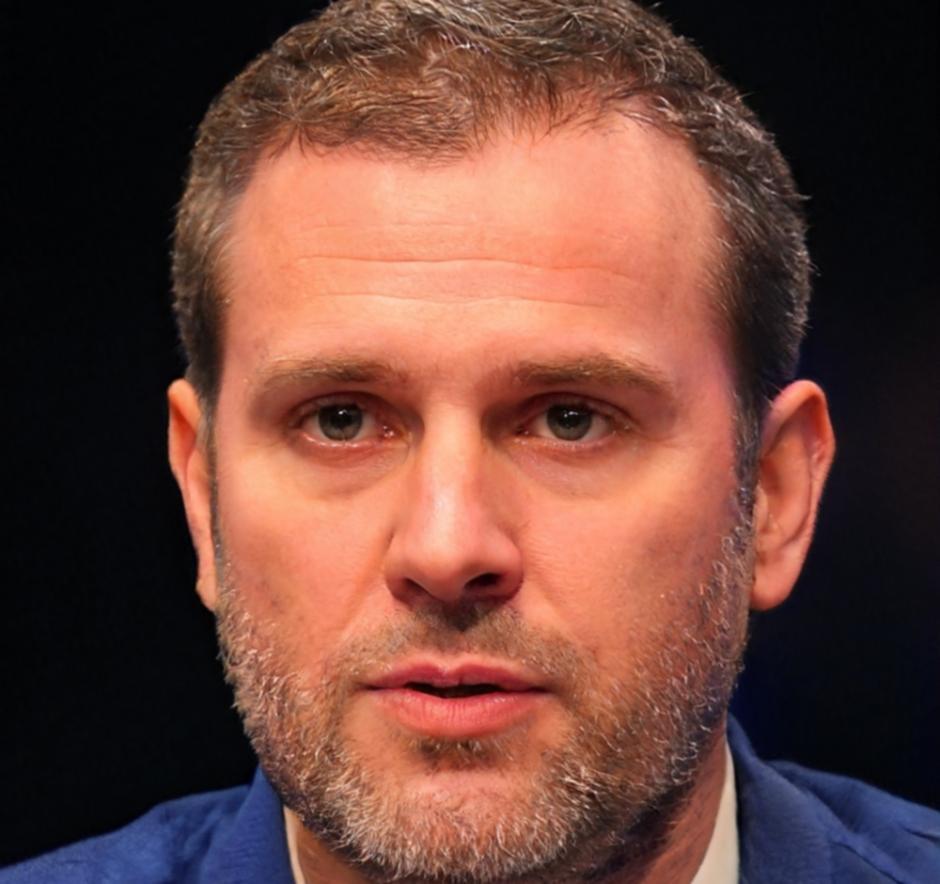Financial Training That Actually Works for Your Team
Most corporate finance training feels like sitting through someone else's lecture notes. We get it. Your finance team doesn't need textbook theory – they need practical skills they can apply on Monday morning.
After spending years building financial models for clients across manufacturing, tech, and retail, we noticed something. Finance professionals often struggle not because they lack intelligence, but because they've never been shown the real-world messy parts. The bits that textbooks skip over.
We teach the stuff that matters. How to structure a three-statement model when your data's incomplete. How to present forecasts to executives who hate spreadsheets. How to spot the warning signs in financial statements before they become problems.

What Drives Our Approach to Financial Education
Training shouldn't feel like checking boxes on a compliance form. Here's what actually guides how we teach your teams.
Real Scenarios Over Perfect Examples
Finance is messy. We don't teach with pristine case studies that have convenient round numbers and perfect data sets.
Skills You'll Use Tomorrow
We focus on techniques that solve actual business problems, not academic exercises that look impressive but never get used.
Honest About What Works
Some financial modelling techniques sound clever but fall apart when executives start asking questions. We'll tell you which shortcuts to avoid and why.


Hamish Caldwell
Former banking analyst who now focuses on practical teaching methods

Petra Lindqvist
Spent eight years in corporate FP&A before designing training programmes
How We Actually Structure Corporate Training
Most finance training follows the same tired pattern – lecture, worksheet, done. We've designed something that sticks better because it mirrors how people actually learn complex skills.
Your Problems, Not Our Templates
Before any session, we spend time understanding what your team actually struggles with. Cash flow forecasting for seasonal businesses? Modelling subscription revenue with high churn? Consolidating multi-entity reports?
Guided Practice That Feels Like Real Work
You learn by doing, but doing with someone watching who can stop you before you build formulas that'll break next quarter.
Follow-Up That Actually Helps
Training doesn't end when people leave the room. Questions come up when you're knee-deep in your own spreadsheet at 4pm on a Wednesday.